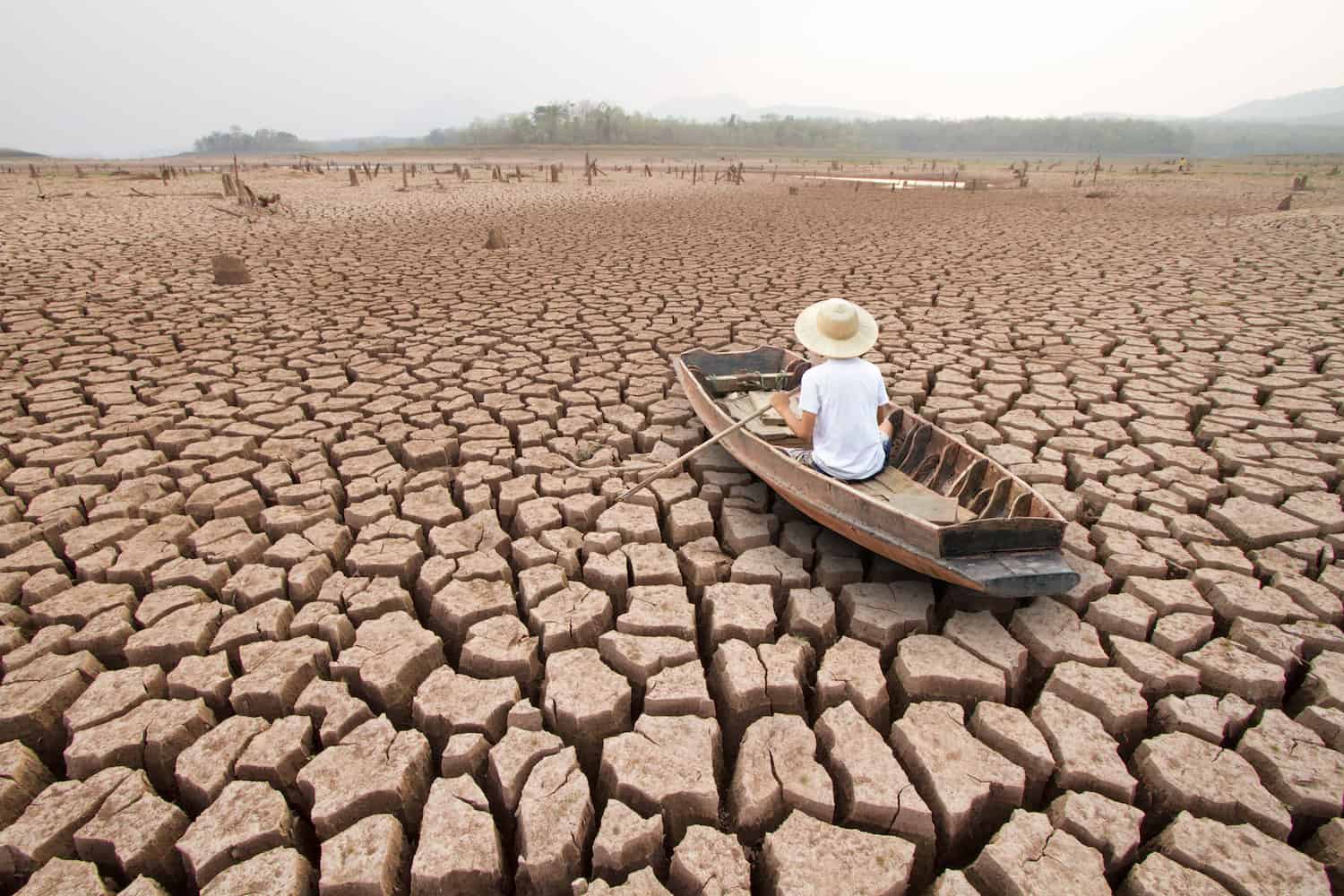Paris, France–Earth had its second-warmest March on record with Antarctic sea ice shrinking to its second-lowest extent, the EU’s climate monitoring agency said on Thursday.
“The month was jointly the second warmest March globally,” said a report from the Copernicus Climate Change Service.
The report is based on computer-generated analyses using billions of measurements from satellites, ships, aircraft and weather stations around the world.
It said temperatures were above average over southern and central Europe and below average over most of northern Europe.
They were far warmer than average over much of North Africa, southwestern Russia, Asia, northeastern North America, South America including drought-stricken Argentina, Australia and coastal Antarctica.
Conversely, it was much colder than average over western and central North America, the agency said.
Global warming is causing sea ice to decline and sea levels to rise, raising warnings that dangerous tipping points could be reached.
Copernicus said Antarctic sea ice extent was the second lowest for March in the 45-year satellite data record, at 28 percent below average.
It had reached the smallest area on record in February for the second year in a row, continuing a decade-long decline.
In the north meanwhile, Arctic sea ice extent was four percent below average and joint fourth lowest for March on record, though concentrations were above average in the Greenland Sea.
As temperatures rise globally because of human-caused climate change, Copernicus data show the past eight years were the eight warmest on record.
A UN report warned in March that those record-breaking temperatures would figure among the coolest within three or four decades as global temperatures climb, even if planet-warming emissions drop quickly.








